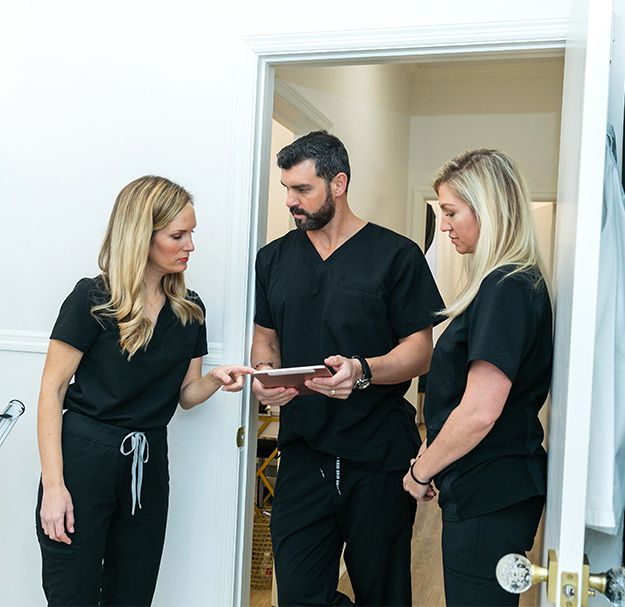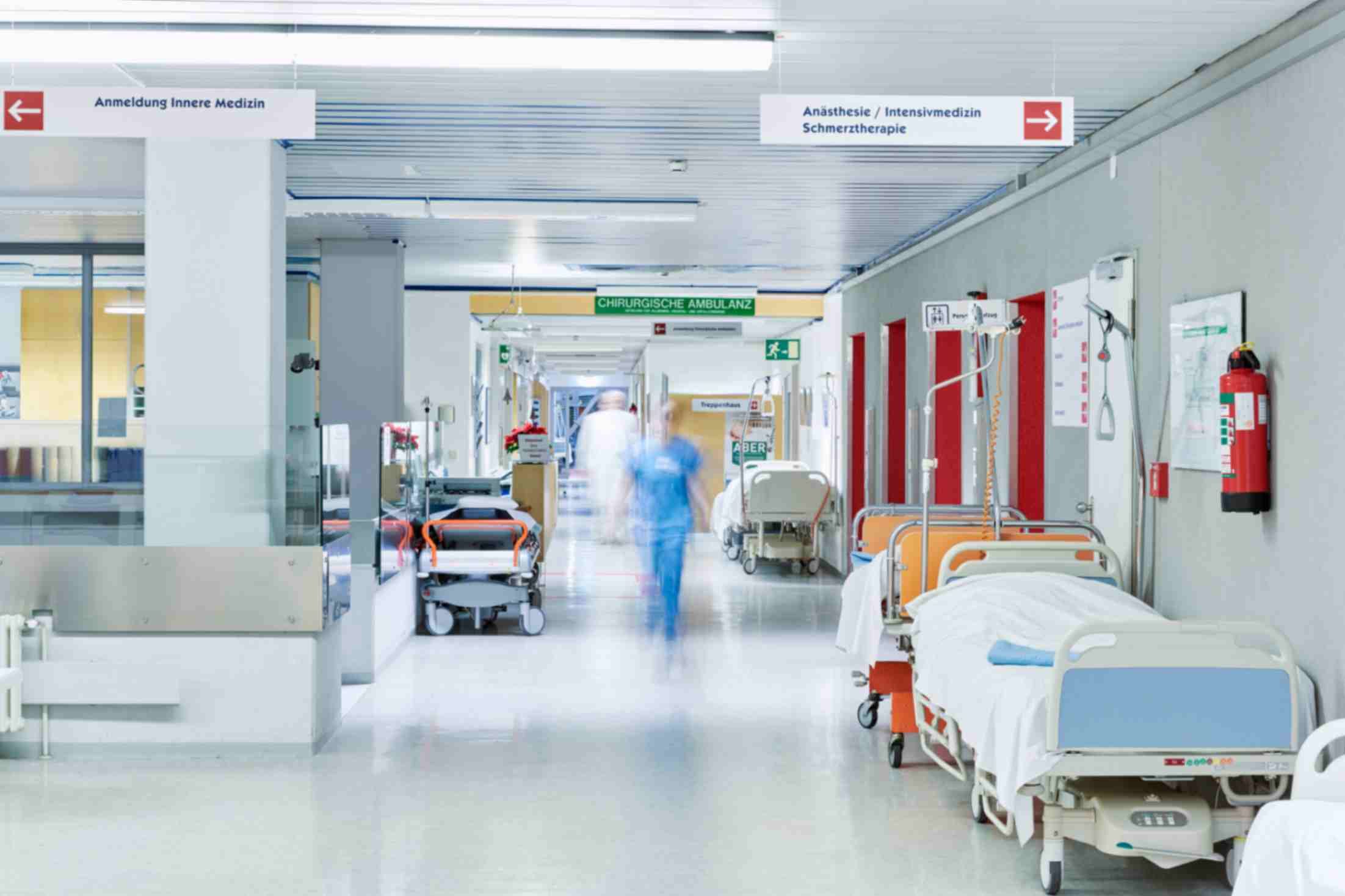Innovations in Healthcare Facility Management Software

What Are You Looking to Improve? Are There Any Gaps? Management Skill Set
Understanding the return on investment on all these solutions is critical for executives who are fiscally responsible.
Solutions may vary from a simple work order management system to a complex, integrated system such as an IWMS or an IBMS system. These are significant investments, and it is important that executives in charge of facilities management understand the use and impact of these solutions on their operations. Pricing will vary extensively. It’s not uncommon for companies to spend hundreds of thousands of dollars and find the system they purchased is severely underused due to the complex nature of the software
Smart Building Software
Sensors and apps control heating, air conditioning, lighting, ventilation, security and entry access, etc.
Computer Managed Maintenance Software (CMMS / IWMS)
Address maintenance management, work order management, space management, asset management and lease management, etc.
Building Management Systems (BMS / BAS / IBMS)
Control and manage mechanical, electrical, power and ventilation systems in facilities, etc.
Geographical Information Systems (GIS)
Map equipment and buildings in large campuses and industrial facilities to improve operations and efficiency, etc.
While all of these systems are important for the efficient upkeep of facilities none of them were developed to support technicians in the field. If you are looking to increase operational productivity, then you need to look elsewhere since none of these categories serves that purpose. Hospital facility technicians have deskless jobs where they move from one trouble spot to another – handling routine maintenance tasks or problem-solving emergency situations.
When they require vital information, such as shut-off valve locations or warranty details for equipment, they have to get back to their desks or a shared server to search for the information. Driving or walking backing and forth five or six times a day on an 8-hour shift in a large campus adds up to several hours of time lost.
Mind the Gap in Facility Management Solutions
In spite of all these investments in technology, these pictures remain unchanged in healthcare facilities:
- Paper: 65% of building owners still hold plans and building information in hard copy making quick access to critical building information an impossible task.
- Age: One in three commercial buildings in the US are over 50 years old and 72% of the buildings are over 20 years old. As buildings age the problem gets aggravated as we add more information on changes and upgrades every year. Five well-known US hospitals, including Johns Hopkins and New York Hospital are more than 100 years old.
- Legacy: Only tenured employees seem to know where the information is buried. In the absence of these employees a simple water or gas leak can become a serious hazard
Facility Management Solutions – Filling the Gap
This problem has never been addressed before. Outdated document systems have been haunting the facilities industry forever.
Building Plans and Information Management
Access to critical building plans and information on demand from anywhere, anytime.
Filling in that gap could deliver significant benefits immediately:
- Technicians can be significantly more efficient
- Prevent simple accidents from becoming catastrophes
- Share critical information with first responders instantly
- Information can be accessed from anywhere, anytime
Information is consumerized
ARC Facilities is addressing a fundamental need – instant access to building information – that has been overlooked and underserved by the existing software solutions in the facilities world.
Access to Critical Building Information ‘On The Go’ is a Gamechanger for Healthcare Facilities Professionals
Our studies show that Facilities technicians spend up to three hours a day just searching for information.
Productivity
An important consideration is the time saved by technicians on a daily basis in the field.
What is the solution?
A software solution which delivers critical building information to technicians instantly on a mobile device will make their jobs easier and become a huge productivity improvement tool. Technology today allows us to digitize all of the building documents, extract critical building information and deliver all that data through an intelligent app within seconds on a mobile device. Imagine all your documents – including compliance binders – digitized and instantly available on your mobile device.
It’s like carrying the entire records room in your pocket
Be Prepared for What the Future Holds.
An intelligent App could be life changing in an emergency or a catastrophe.
Reading and extracting information from blueprints or plans and specifications has always been limited to facilities technicians. In an emergency locating a simple shutoff valve for a water or gas leak could become a challenge in the absence of a facilities manager.
What if that information can be consumerized and delivered through an intelligent app to anyone who needs that information? If the information cannot be accessed immediately by employees, an emergency can easily escalate.
Document storage rooms in healthcare facilities are a jumble of building information filled with blueprints/plans/specifications/operations and maintenance CDs and DVD’s/Thumb drives. Finding any information would be like looking for a needle in a haystack. Even if all of the information is digitized it’s no different. Now you are looking for a needle in a digital jungle. If all of this information can be digitized and critical information can be extracted using AI or machine learning software, that could be life changing.
It is certainly easier to look for a shutoff valve button on a mobile device than to identify a ‘shutoff valve’ in a blueprint. This is consumerization of information. Once the information is consumerized and becomes accessible through an app, even new facilities employees without any experience can access critical building information instantly – just like 10+ year employees.
The Benefits of Productivity Enhancement Software
Checklist for buying productivity enhancement software.
- Easy user interface
- Should require no training to use
- Mobile – information access on the go
- Delivers critical information on demand
- Information accessible from a personal device
- Avoid custom software








